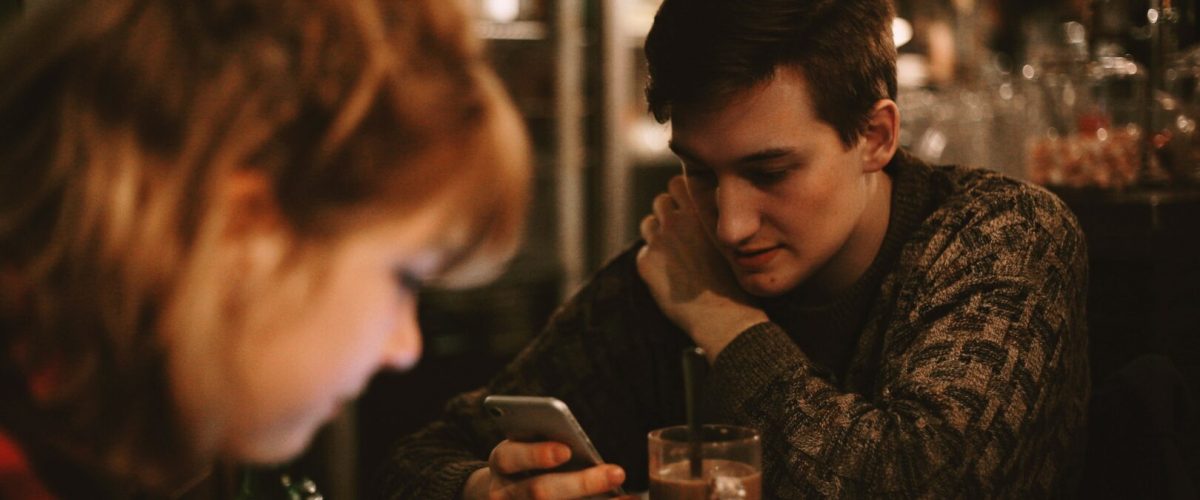
In the good ol’ days, people often met through friends, called each other on the telephone and went out on dates to the movies. It was simple and it was personal, getting to know someone without knowing anything about them. We’re not saying you won’t meet your next bae IRL but now it seems we need a little help from our friends at Tinder.
We’ve turned to online dating apps to meet singles in our city with similar interests. Sites like Tinder, Plenty of Fish, Bumble and Grinder serve as platforms for people to ‘find’ a partner by selecting characteristics and parameters for their ideal relationship. The degree of communication required between individuals on these apps vary, from sending a personalized messaged to simply swiping left or right if you like what you see on the screen. You only get to know the internet version of someone and we all know how easy it is to make yourself seem cool online by only picking and choosing our favourite things about ourselves.
Instead of going on a date with someone you know nothing about, it’s now common to spend hours texting and social media stalking before you even meet the other person face-to-face. Communicating over technology means you’re not interacting in real time, it’s a lot easier to be witty, sexy and flirty when you have time to edit your banter before hitting send.
Far too often, an online relationship becomes more enticing than the real person. The person you’re talking to online takes form in your mind despite never having seen them IRL. You don’t know the little things like how loudly they chew, if they talk during movies or if they clean up after themselves until you’ve truly spent time with them.
As our parents would say, millennials’ behaviour is concerning. Using technology to converse takes it out of real time and ignores social cues and body language – key things to interacting in real life. Confidence levels are boosted and any social anxiety is hidden behind the screen, but what happens when you actually have to go on a date in public? We’re all so used to communicating through technology, we’re good at it. But we also have to embrace the fall out of these relationships. Couples fight over text, phone calls can be ignored, and breakups can happen over email. The key is finding balance between technology and OG face to face communication to express feelings, vulnerability and opinions.
Social media is filling that gap, allowing us to follow each other’s lives and focus on what is happening “now” and sharing it with our friends and community. But are our Snapchat and Insta accounts a real reflection of ourselves and our lives? Probably not. People constantly use filters, photo editing and effects to make their lives appear more exciting. We couldn’t let the puppy filter go to waste, could we? These tools have enabled us to curate the best version of ourselves to share with the world which can sometimes be misleading when going into a relationship.
Haters gonna hate but technology has major benefits for relationships too, especially when it comes to maintaining relationships. Skype has made long distance relationships a lot easier, when your boo goes away to school or gets a job somewhere else you can still stay connected and see their face. Sending a quick text message can show that you are thinking about someone even though you are not in the same place at the same time. Being able to hear someone’s voice on the phone can bring a comfort to some that nothing other than seeing them in person can. Countless people have met their future spouse through online dating, so it’s not all limiting and terrible.
Let’s get into some #realtalk about your own relationship, your children’s relationships, your friend’s relationships:
What effect do you think increased online communication will have on our next generation of singles?
Will meeting your partner or breaking up with your partner through technology affect the way you value relationships?
How do you think the next generation’s social skills will evolve with the influence that technology already has on children of today? Ex. Teens being on their cell phones 24/7, kids staying glued to the television, toddlers knowing how to swipe on an iPhone.















